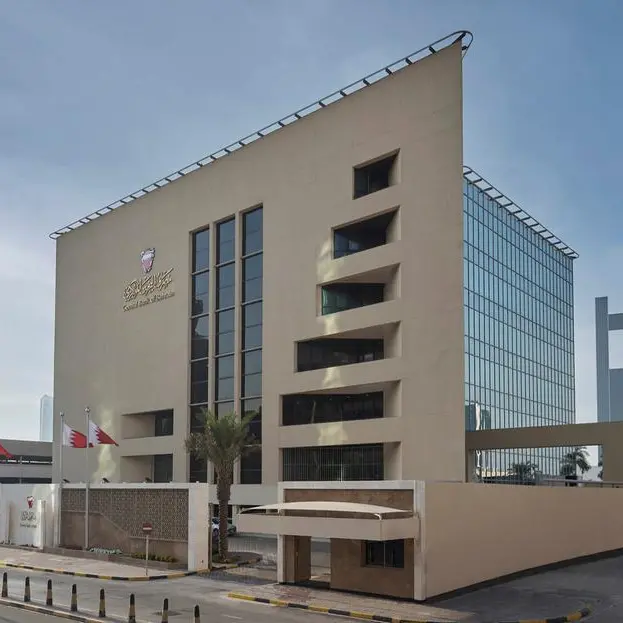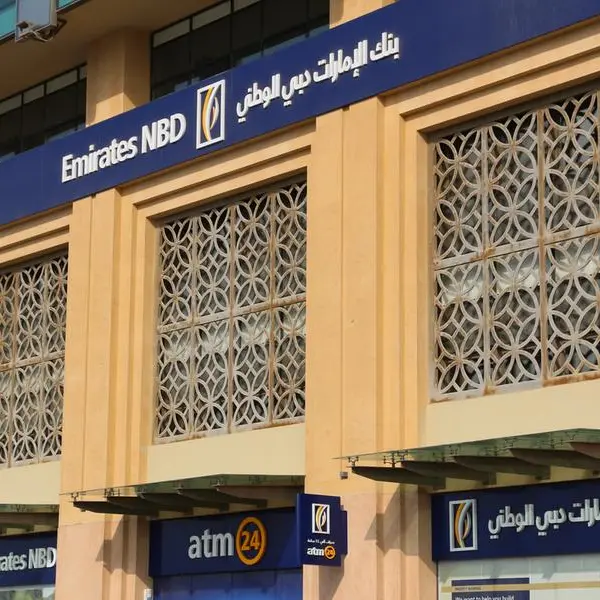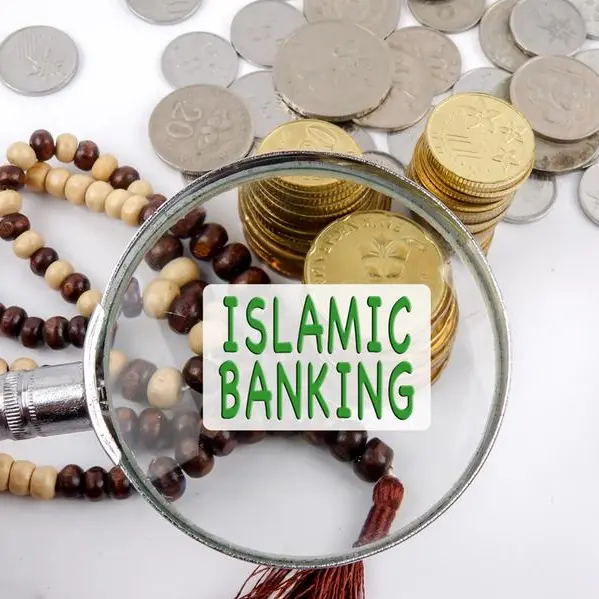PHOTO
DUBAI: Bashar Al Natoor, Managing Director & Global Head of Islamic Finance at Fitch Ratings, stated that the UAE's debt capital markets (DCMs) have demonstrated robust growth with a 13.1 percent year-on-year (YoY) increase in outstanding debt, reaching US$294.4 billion by the end of 3Q, 2024.
"This growth underscores the country's expanding financial landscape and its strategic positioning in the sukuk market. Sukuk had a share of 20 percent of the total DCM in the UAE, with the rest in bonds at end-3Q24," he added.
In statements to the Emirates News Agency (WAM), Al Natoor highlighted, “The UAE is a pivotal player in the global sukuk market, holding a 6.6 percent share of the global outstanding sukuk. This places the UAE fourth globally in all currencies, after Malaysia, Saudi Arabia, and Indonesia. Furthermore, the UAE is one of the largest US dollar debt issuers in emerging markets (excluding China), with a share of 8.9 percent of the total in 1H24, only behind Saudi Arabia and Brazil. The UAE was also the second-largest issuer of ESG bonds and sukuk in emerging markets (outside of China), after Brazil, during 9M24.”
He added, "Regionally, the UAE holds the second-largest share of the total GCC outstanding sukuk at 16.2 percent, after Saudi Arabia’s 71 percent share."
On the issuance side, Al Natoor observed, "While sukuk issuance in the UAE amounted to US$9.9 billion in the first nine months of 2024, down by 13 percent YoY, it is noteworthy that this decline is less steep compared to the 25 percent drop in bond issuance over the same period."
Following the government’s implementation of the Dirham Monetary Framework, the Dirham share in the DCM outstanding rose to 21.1 percent at end-1H24 from only 0.5 percent at end-2020. The government continues to support sustainability initiatives. In April 2024, the regulator extended the fee exemption for listing ESG bonds and sukuk, which can support ESG issuance.
Al Natoor highlighted, "Fitch rates US$26.7 billion of UAE sukuk, 92.5 percent of which are investment-grade, dominated by Financial Institutions with a 51 percent share, followed by corporates (21 percent), at the end of 3Q24. Investment-grade is usually an indication that the majority of these instruments have relatively low to moderate credit risk. In contrast, ratings in the speculative categories signal either a higher level of credit risk or that a default has already occurred."
"The UAE’s Islamic banks also play a significant role in the country's financial landscape," Al Natoor continued. "Islamic financing accounted for 29 percent of total sector financing at the end of 1H24. Growth in 1H24 was 5.7 percent, slightly higher than the 5.4 percent seen in conventional banks. Fitch expects Islamic banks to continue to grow faster than conventional banks over the medium term.”
He also noted, “Islamic bank investment in Islamic CDs has increased throughout 2024, reaching AED44 billion by the end of 1H24, according to the Central Bank of the UAE. Islamic banks invest in Islamic CDs as opposed to M-Bills, as Islamic M-Bills have still not been introduced. The instruments are broadly similar, although Islamic CDs cannot be traded as they are based on commodity murabaha.”
“The UAE's debt capital markets are poised for further growth, with projections indicating a potential surge beyond USD 300 billion by the end of 2024. This expansion is driven by the UAE's strategic focus on enhancing its DCM, which continues to attract both regional and international investors.”
Al Natoor concluded, “Looking ahead, the UAE's debt capital markets are experiencing robust growth, driven by a balanced mix of sukuk and bond issuances, high investment-grade ratings, and strategic market positioning in the sukuk market both globally and regionally.”





















